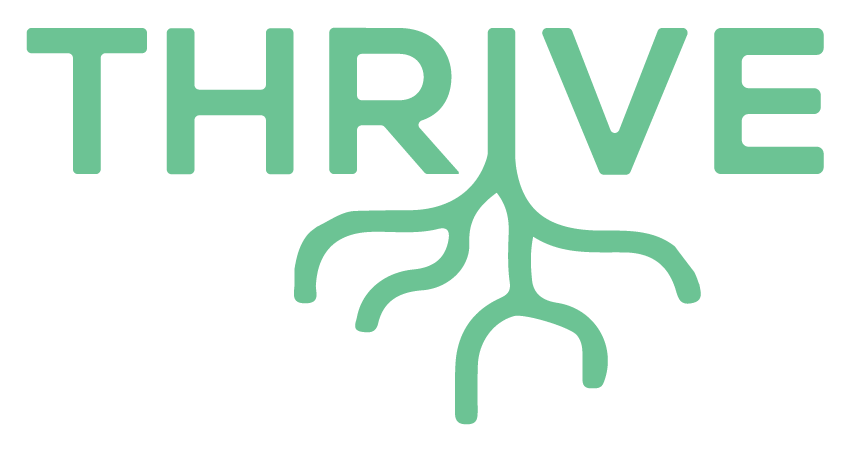3 Enemies that will Steal your Authenticity
Authenticity in its best form is being who God created you to be. I am convinced that God made you unique, with a purpose and calling to grow His kingdom and His purposes. Not every idiosyncrasy that we have is good or useful, and when we talk about authenticity, I am not encouraging those non-Godly traits. I believe that Godly authenticity is an important pursuit and something that will help you succeed in your work. I also believe that there are enemies to this pursuit of authenticity.
Enemy #1: Growth
At its inception a business or company is very often launched with its core values and mission at its clearest. It is in a very manageable and accountable state and allows for quick correction when things deviate from these ideals. Many people fall in love with smaller brands because they feel the personal touch, the grassroots approach and a commitment to their clients or customers. The authenticity of the business shines through and makes it attractive to partner with. The challenge to stay authentic can be felt as more success and growth starts to happen. This can be true in churches also. Extra care must be taken to watch over these attributes. Systems are great and necessary for growth, but it takes a special type of team to keep that personal connection in the middle of systemization. Don't let your systems become enemies to authenticity. There are many benefits of growth; you can be more generous; you can develop and innovate and fulfill your mission to a greater extent. The key is to remember why you started, keep in touch with the values and principles that made you successful and develop systems that accentuate these things, not replace them.
Enemy #2: The Perception of Success
I have talked about the perceived personality of success before, but one thing that has always confused me is the idea that successful people never struggle. It seems to me that trials, challenges and struggle are an essential part of developing a successful life, yet we avoid them like enemies. When we overcome these issues, we become more resilient, more experienced and better equipped for future obstacles. Trials become a refining process that lead to moments of victory and strength.
When I first became Christian, I remember asking people how they were, and I always got the same response; “I’m great.” I would leave feeling like I was doing things wrong or that my Christianity was broken because I was experiencing hard things. I’m not advocating for over sharing but the lack of authenticity made me confused. My typical response to the same question has become “Mostly good.” There is no need to put on a facade that everything is perfect 100% of the time. Not recognizing your struggles can be detrimental to your own health and growth. It makes you less God dependent and reduces your ability to connect with other people. Leaders are not perfect people. They are people that are resilient, wise and principled.
Enemy #3 - Technology
The temptation to speed up growth through technology is very real and, in some cases, a great strategy. However, in an effort to move faster, authenticity can be left behind. The inclusion of AI into business models has been a game changer in many areas and enabled more to be done in quicker turnaround times. Automated phone systems with multiple choice responses have changed how call centers work. Advertising and marketing have been scaled to giant proportions. These all have good aspects, but my concern is that amid all these developments is that authenticity will become a premium. The fight for what is real is on. Authenticity works at a deeper level than just appearances and those that understand that and prioritize it will stand out from the crowd. Technology and automation can become enemies to authentic connection if care and purpose are not used in their creation.
Case Study
Our personal experience at Thrive was that we had the opportunity to automate many of our marketing efforts. You may have experienced one of these funnels when you signed up for something and then receive a string of automated emails that encourages you to engage and purchase more and more products. While this may boost site visits, open rates and distribute more products, which are important. For us, a better success metric was the relationships we develop. Knowing people’s names, stories and growth. Seeing marketplace ministries started and grown.

